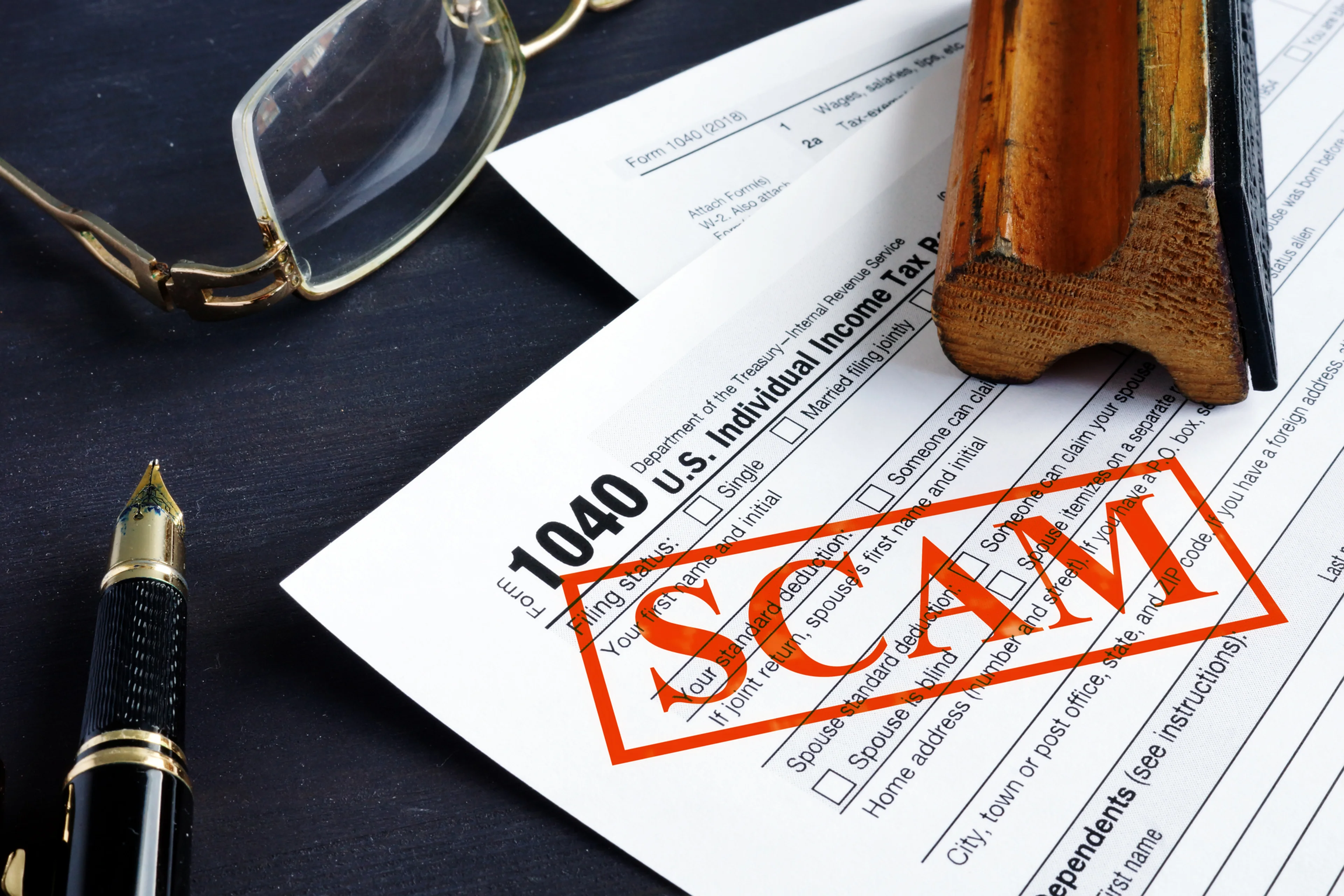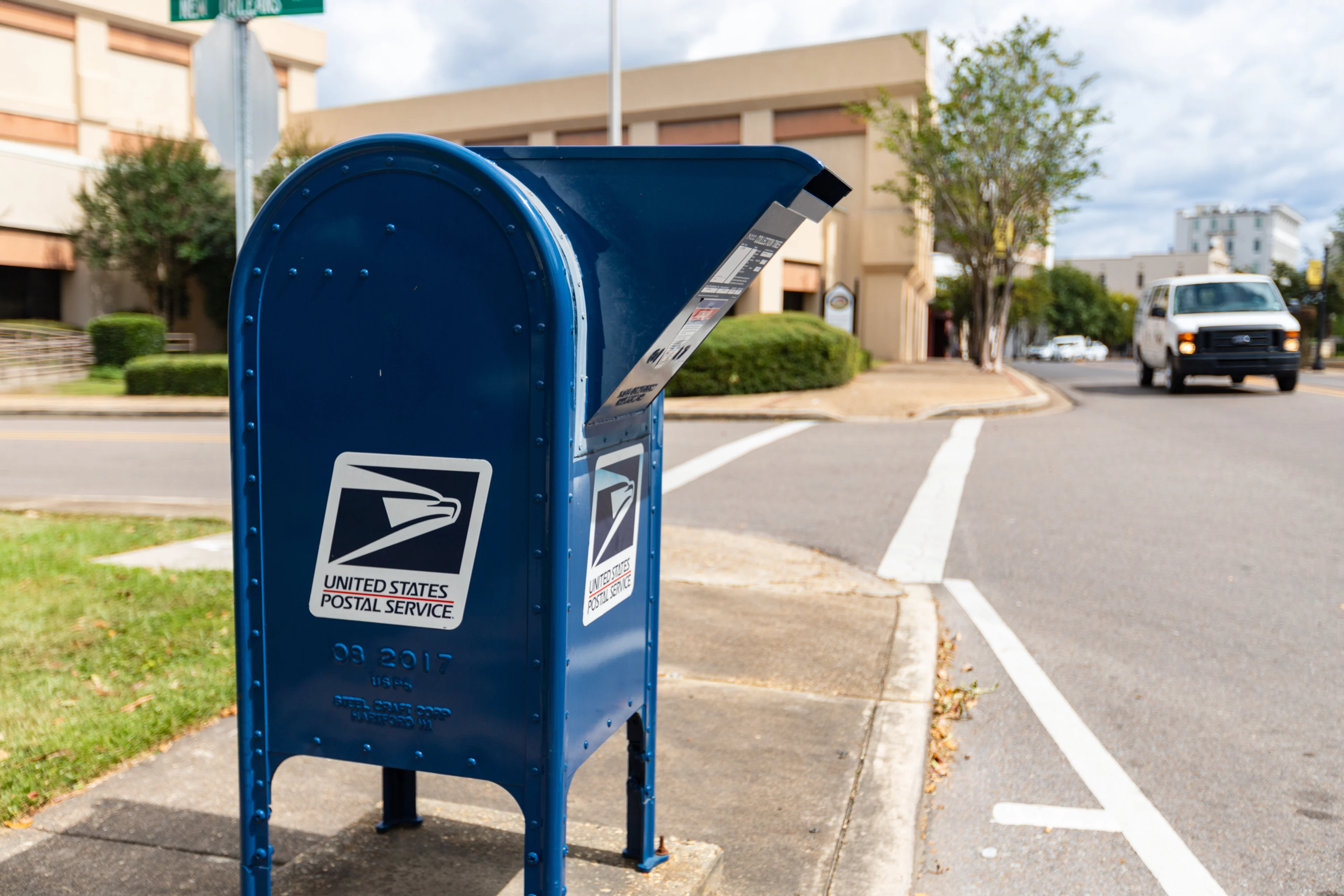
Taxpayers Beware: Telltale Signs of Fake IRS Notices
Every year scammers prey on unsuspecting victims with fake IRS notices in a ploy to get Social Security numbers, extract money, access bank routing information or obtain other personal data. What makes this situation even more confusing is that the IRS sends out millions of genuine communications to taxpayers each year. Being able to verify the authenticity of an IRS correspondence is crucial to protecting your identity and finances.
Here are some telltale signs you should look for when determining if a purported IRS mailing is legitimate:
- Grammatical Errors: The IRS reviews their notices in great detail. Notices should not have typos, bad grammar, a mixture of fonts or other errors. Poor grammar and mistakes are a red flag it’s not the real IRS.
- Specific Information: Real IRS letters will contain specific information like your Social Security Number, individual taxpayer identification number or IRS account number. Scammers won’t have access to this personal info, so letters without it are to be treated as suspicious.
- Incorrect or Missing Name: Formal letters from the IRS will be addressed to you personally, with your correct name and mailing address. Scam letters might get some details wrong or be addressed “to whom it may concern.”
- Threatening Language: The IRS will not threaten to arrest you for taxes due. Threatening to immediately bring in local police or other law enforcement groups is a clear sign the notice is a fake.
- Demand Payment: You will not be asked to pay taxes from the IRS without giving you the opportunity to question or appeal the amount owed. Any demands for immediate payment, especially if it is asking to use an unconventional payment method such as a prepaid debit card, gift card, wire transfer or a check to a third party is a scam. The IRS does not use these methods for tax payments. The IRS has specific instructions on how to pay taxes and should only be made payable to the U.S. Treasury.
- Unexpected Overpayment: Receiving a notice indicating you overpaid tax, and as a result, are due a refund when you don’t believe this to be accurate is a ploy to obtain your bank account routing information. The IRS will never send a notice asking you to click on a link or go to a website to provide bank routing information for where the refund can be directly deposited.
- Overstated Taxes Due: If you’ve filed your tax return and received a notice for an amount due that doesn’t correlate to your return, you should proceed with caution. Scammers send IRS notices indicating taxpayers owe additional tax and that a refund was offset to pay a balance due, or that collection action has been taken against the taxpayer. Remember, the IRS generally first mails a bill to a taxpayer who owes taxes.
If you think you have been targeted in a fake IRS scam, do not engage and report it immediately to the Treasury Inspector General and the IRS by emailing the notice to phishing@irs.gov. You may also consider contacting the Federal Trade Commission or local law enforcement if you believe someone is impersonating you.
The best defense against IRS scams is to remain vigilant against common schemes. Understand your tax obligations, keep your financials organized and take the time to validate notices before taking action. If you are still unsure about a letter, call the IRS directly and ask. Be sure to call the real IRS using phone numbers listed on its official website, not any phone number listed on a suspicious letter.
Doeren Mayhew’s tax advisors also stand ready to help you validate your refund amounts and taxes due.


